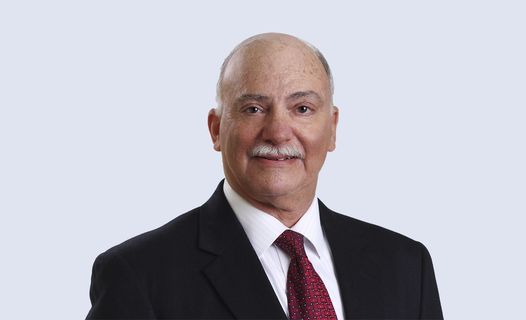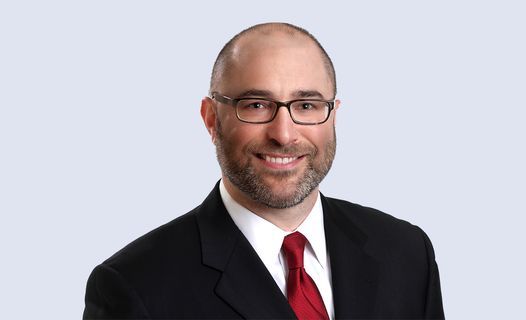On June 10, 2015, the Massachusetts Attorney General’s Office published a revised Safe Harbor provision concerning the Earned Sick Time Law that made significant changes to the Safe Harbor provision previously issued on May 18 by clarifying the 2015 requirements for part-time employees. The Attorney General also issued the Notice of Employee Rights that must be posted by employers.
As under the previous safe harbor provision, employers with a paid time off or paid sick leave policy in place as of May 1, 2015 will be deemed to be in compliance until January 1, 2016 if they meet the Safe Harbor’s requirements. Employers may choose either to use the Safe Harbor or to achieve full compliance by July 1, 2015, and may treat different groups of employees differently in this regard. Employers taking advantage of this Safe Harbor provision for some or all of their employees must be fully in compliance with the Earned Sick Time law and all final regulations by January 1, 2016.
How is the New Safe Harbor Different from the Old Safe Harbor?
The Safe Harbor provision makes special accommodations in 2015 for employers who had, as of May 1, 2015, a paid time off policy that provided at least some employees the right to use at least 30 hours of paid time off during the calendar year 2015. Employers who had such a policy would be in compliance for all employees already eligible for paid time off under the existing policy as well as employees not eligible for paid time off under the existing policy, provided that the employer extended them the right to use at least 30 hours of paid time off under the existing policy. The requirement that all non-eligible employees be offered at least 30 hours of paid time off raised difficult issues concerning part-time employees, per diem employees, and employees hired after July 1, 2015. To take advantage of the Safe Harbor as it was presented on May 18, employers would have been required to extend at least 30 hours of paid time off to these employees—which, in many cases, would have been more generous than the accrual rate set forth in the law itself.
The new Safe Harbor provision addresses this concern. Under the new Safe Harbor provision, employers who extend their existing paid time off policy to employees not previously eligible under the policy will be deemed to be in compliance for 2015 if the following conditions are met:
- First, if the policy allots time on an accrual basis, previously non-eligible employees must accrue paid time off at the same rate as eligible full-time employees. For example, if the employer’s existing policy provides that employees accrue time on an hourly basis, all employees previously not covered by the policy would accrue time on the same hourly basis and at the same rate as covered employees.
- In the alternative, if the policy allots time off in lump sum allocations(either annually or per month), the previously non-covered employees must receive a prorated lump sum based on the provision of paid time off to covered employees. For example, if full-time covered employees working 40 hours per week currently receive 5 days of paid time off per year, a full-time previously non-covered employee would receive 2.5 days of paid time off starting on July 1. Similarly, a new full-time employee hired after July 1, 2015 would receive a prorated portion of time. Additionally, the new safe harbor provides that paid time off for part-time employees must be proportionate. So, starting July 1, 2015, a half-time employee, for example, would receive half of the prorated yearly paid time off, or 1.25 days for the balance of 2015.
- Additionally, the new Safe Harbor provides that if the employee is not compensated on an hourly or salaried basis, the employee must receive lump sum allocations of paid time off based on a reasonable approximation of hours worked.
- As in the May 18 Safe Harbor, all time taken off during this time is job protected and subject to the Earned Sick Time Law’s non-retaliation provisions. Employees must also be permitted to roll over any unused time after January 1, 2016.
- Notwithstanding the Safe Harbor option, all employers must adjust their paid time off policy as of January 1, 2016 to fully conform with the Earned Sick Time law.
Required Poster Must Be Displayed and Distributed to Employees
Additionally, the Attorney General has published its Earned Sick Time Notice of Employee Rights. Pursuant to the law, this poster must be displayed in a conspicuous location accessible to employees in every establishment where employees work, and a copy must be provided to employees.The poster provides some very helpful provisions for employers, including:
- “Sick time cannot be used as an excuse to be late for work without advance notice of a proper use.”
- “Use of sick time for other purposes is not allowed and may result indiscipline.”
- “Employees must notify their employer before they use sick time, except in emergency.”
- “Employers may require employees to use a reasonable notification system the employer creates.”
- “If an employee is out of work for 3 consecutive days OR uses sick time within 2 weeks of leaving their job, an employer may require documentation from a medical provider.”
Our Preliminary Suggestions
Employers who are eligible for the Safe Harbor must determine whether it is in their best interest to fully comply with the law on July 1, or to take advantage of the Safe Harbor through the end of 2015. For those employers whose timekeeping and payroll systems can be brought into compliance by July 1, 2015, it may be better to implement one comprehensive policy change rather than implementing the Safe Harbor now and changing the policy in January, 2016. However, for employers whose systems are not ready to meet the requirements of the Earned Sick Time Law, this Safe Harbor may provide additional time to comply. Remember, however, that only employers who already had a policy permitting employees to use at least 30 hours of paid time off as of May 1, 2015 can take advantage of the Safe Harbor.
We are carefully monitoring developments in the Earned Sick Time law and its regulations and will keep you advised. Click here to learn more about the Fisher Phillips Massachusetts Earned Sick Time Compliance Program, which can help you navigate the challenges of the new law.
To learn more, please reach out to any of the attorneys in Fisher Phillips’ Boston office.



